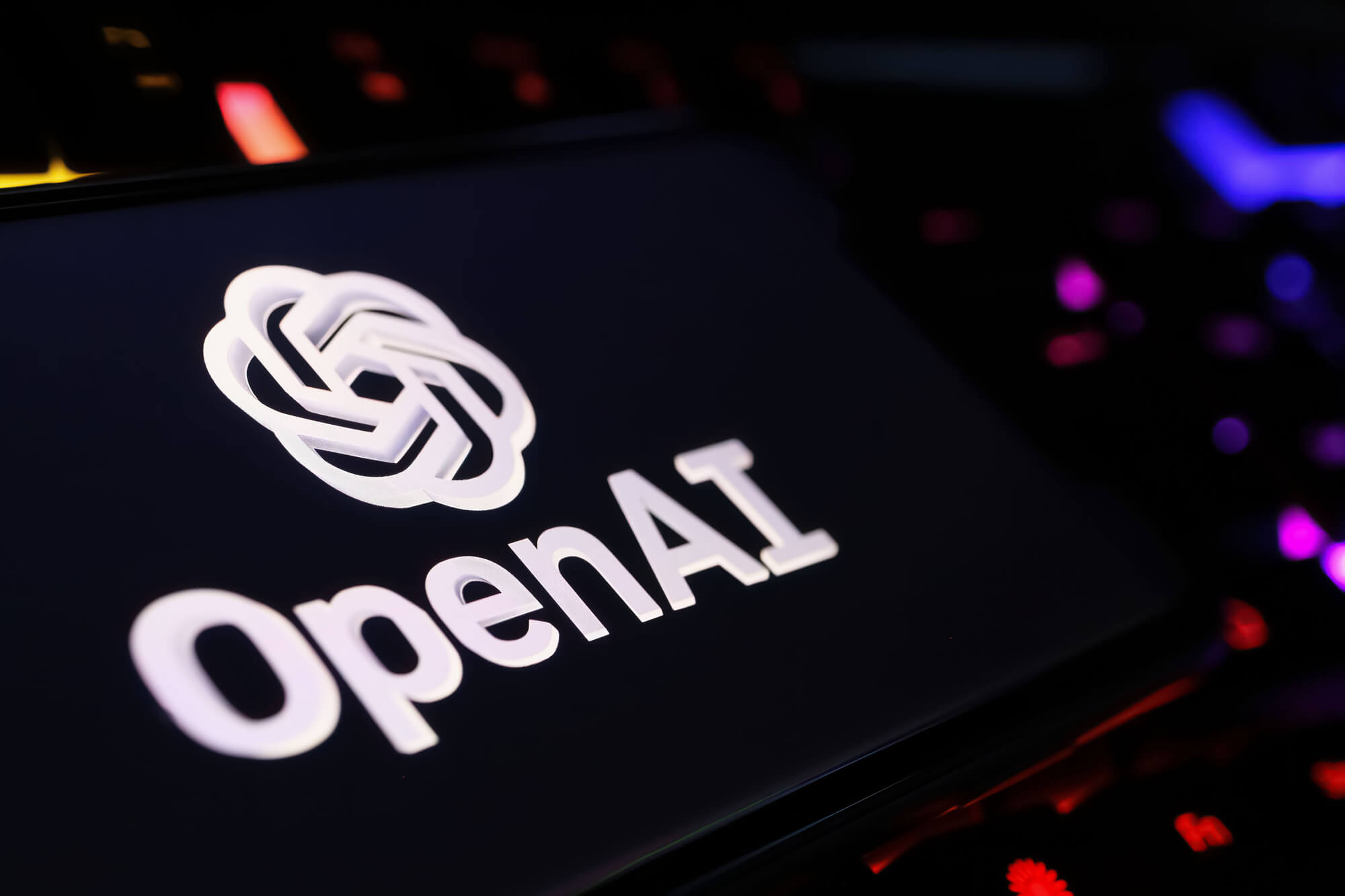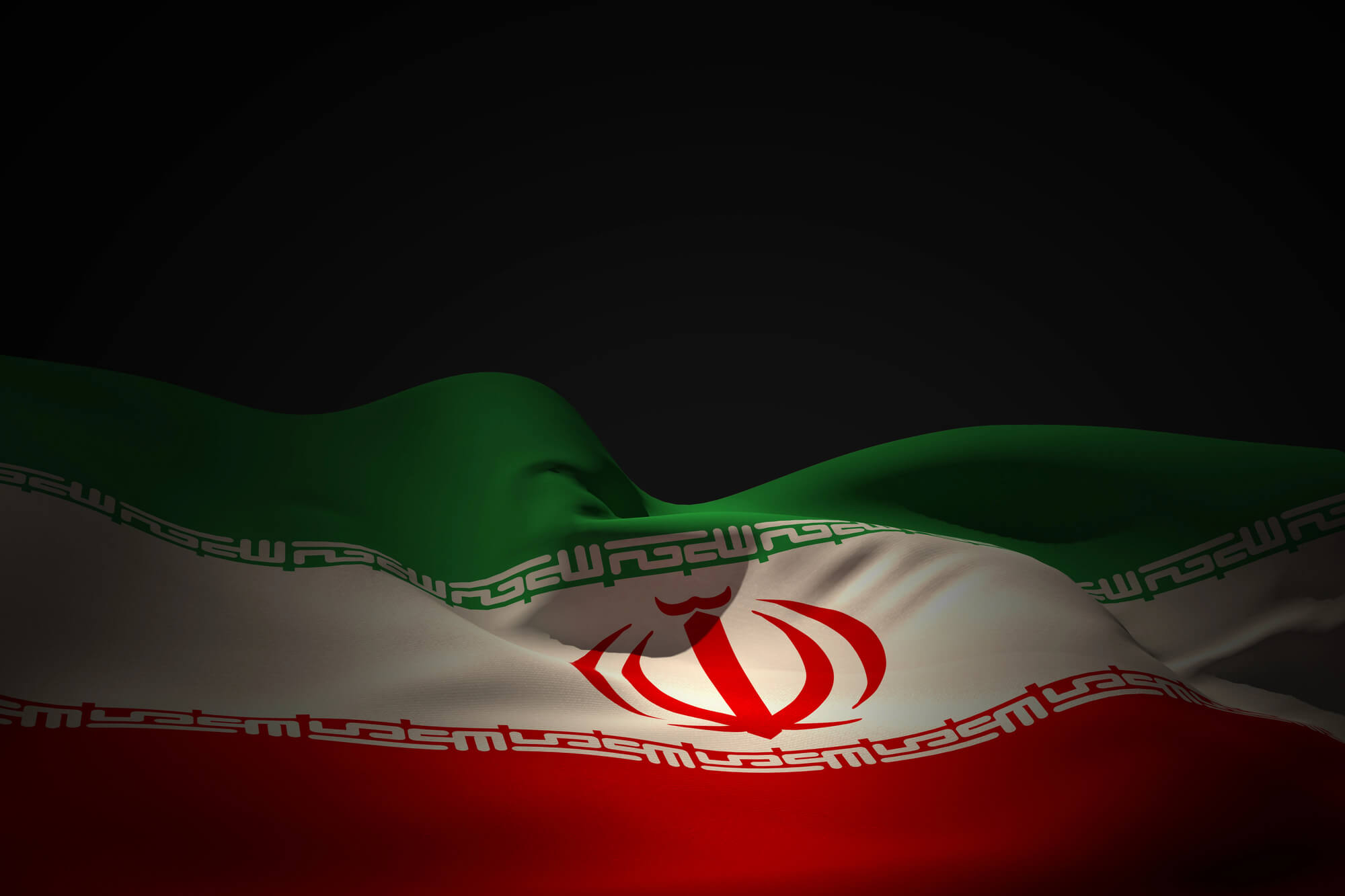Earlier we argued that buying Russian oil was immoral. But no less moral is for companies (especially for companies that practice ESG) to continue operations in Russia paying taxes and thus enabling Putin to kill more Ukrainians.
Gordon Gekko, a character in the movie “Wall Street,” summarized the spirit of the corporate world by quipping that “greed is good.” But not everybody was happy with this motto. Many investors were interested in putting their money in businesses that care about morals. This gave rise to the ESG (environment, social, governance) investing.
The idea is simple and noble. You invest in businesses that minimize pollution, promote equity, respect human rights, observe fair labor practices, minimize corruption, etc. Establishing whether a given corporation behaves in line with ESG objectives could be costly for an investor, and so the task of rating firms along the ESG spectrum was largely outsourced to analytics firms such as Sustainalytics and MSCI. These ratings could later be used to construct indices that would provide attractive investment vehicles for pension funds, insurance companies, or individual investors. For example, BlackRock manages a $7 billionindex fund (iShares ESG Aware MSCI EAFE ETF) that explicitly focuses on corporations that have high ESG ratings from MSCI. Overall, the interest in ESG is rather brisk: Bloombergpredicts that ESG investment will account for $50 trillion by 2025.
While ESG investment may give a peace of mind and a warm glow from doing the right thing, the world is complicated and full of nuances. And if it is a spectrum of shades, where does one draw a line to identify an aggregable behavior? Furthermore, circumstances change continuously and so one may be concerned that a practice accepted in the past can become rather odious in the present. As a result, moral debates are hard to settle.
But occasionally the moral compass gives a clear bearing, the world turns black and white, and investment decisions become a life-or-death matter.
Indeed, on February 24, 2022, Russia invaded Ukraine in an unprovoked attack. The unspeakable atrocities of the aggressor range from leveling entire cities to bombing a maternity hospital to shelling a nuclear power plant. Thousands of innocent civilians in Ukraine are being killed by the Russian armed forces. This catastrophe aired on TV and other media in real time and is unbearable for anybody who cares about humanity.
The public outrage in the civilized world provided political backing to impose unprecedented sanctions on Russia so that Putin does not have resources to sow death and destruction in Ukraine. In this environment, many multinational corporations quickly learned that doing business in Russia or with Russia is so toxic that the best strategy is to voluntarily sever ties to Russia as quickly as possible. For example, McDonald’s closed 850 locations in Russia because of “the needless human suffering unfolding in Ukraine.” These decisions are not cheap and, not surprisingly, some businesses decided to stay in Russia because losses from exiting Russia outweighed the reputational costs. This is understandable as long as one believes in “greed is good.”
But ESG-approved businesses must be held to higher standards. Analytics firms assigning ESG scores must identify reprehensible connections to the Russian war machine and punish loathsome business choices with downgrades. And this is where the silence is deafening.
ConsiderNestle. This companydecided to stay in Russiaciting “a responsibility toward our more than 7,000 employees – most of whom are locals” as one of the reasons. Nestle has one of the highest (AA) ratings from MSCI (according to MSCI, “Nestle is a leader among 83 companies in the food products industry.”). This rating buys a lot in the ESG investment world. For example, Nestle accounts for thelargest share in BlackRock’s iShares ESG Aware MSCI index.
However, the dissonance between 1) paying taxes in Russia and thus funding the Russian war machine and 2) high morals of the ESG world is stark. How is Nestle’s AA rating consistent with respecting human rights (one of the ESG criteria) when it pays taxes to the Russian government that wages an aggressive war in Ukraine?
Maybe, MSCI and other analytics agencies will eventually reassess how the exposure to Russia should count toward the high aspirations of ESG investment. After all, it took MSCI onlytwo weeks (and thousands of deaths in Ukraine) to downgrade the Russian government a notch. But one should understand that every day of delays gives Nestle and the likes access to ESG-minded investors who want to make the world a better place and who end up indirectly and unknowingly funding the Russian aggression.
MSCI, Sustainalytics and others are meant to police the corporate world from greed. But who is going to police the police?
Annex. The largest companies that stay in Russia as of March 20, 2022, 25 days of Russian war crimes (the list is not exhaustive)
| company | country | MSCI rank |
| Accor | France | A |
| AT&T | USA | BB |
| BASF | Germany | A |
| Bayer | Germany | BB |
| Bridgestone | Japan | A |
| Brown-Forman | USA | AA |
| Coca-cola | USA | AA |
| Cummins | USA | AA |
| Danone | France | AAA |
| Deere Co | USA | A |
| EDF | France | A |
| Enel | Italy | AAA |
| Henkel | Germany | AA |
| Hilton | USA | A |
| Honeywell | USA | AA |
| Intercontinental Hotels | UK | AA |
| Intesa Sanpaolo | Italy | AAA |
| Johnson&Johnson | USA | BBB |
| Kellog’s | USA | AAA |
| Kia | South Korea | B |
| Kimberly Clark | USA | AA |
| Merck | US | A |
| Metro | Canada | AA |
| Mitsubishi | Japan | A |
| Mohawk | USA | BB |
| Nestle | Switzerland | AA |
| Nintendo | Japan | AA |
| Nissan | Japan | CCC |
| OTIS | USA | BBB |
| OTP Bank | Hungary | A |
| P&G | USA | A |
| Pepsi Co | USA | AA |
| Philip Morris | USA | BBB |
| Raiffeisen Bank | Austria | AA |
| Renault | France | BBB |
| Rockwool | Denmark | A |
| Sanofi | France | A |
| Societe Generale | France | AA |
| Sony | Japan | AAA |
| Spar | South Africa | A |
| Starbucks | USA | BBB |
| T-Mobile | USA | BB |
| Unicredit | Italy | A |
Attention
The authors do not work for, consult to, own shares in or receive funding from any company or organization that would benefit from this article, and have no relevant affiliations




